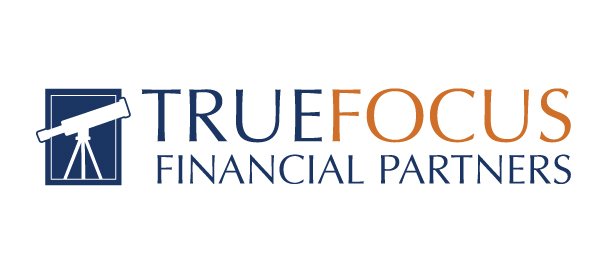A Quick Mid-Year Financial Check-Up to Keep You on Track
The first six months of the year have seen a volatile equity market and increasing interest rates, and despite the Fed’s recent pause, we’re likely to see more of the same in the next six months. With inflation still high and the Fed articulating a plan to keep putting the brakes on the economy, the potential for recession is back in the headlines.
How can you keep your investments on track? Is the rest of your financial plan in shape to get through a potential downturn? You have more control than you think. There's a lot you can do to ensure you are keeping everything moving towards your goals. The mid-year point is a good time to take stock – and then take action.
Start With the Basics – Your Budget
If you haven’t updated your budget recently, it might be time for a reality check. Everything is more expensive, and that’s not likely to change soon.
Are you overspending in any area? You may need to adjust to account for the reality of increased prices – and trim somewhere else to keep things even.
How about big-ticket items? Did any big-ticket expenses come up in the last six months? Is anything looming in the next six months? Managing these as much as possible by adjusting other spending can keep your emergency fund intact and your savings goals on track.
Are your day-to-day expenses the same? Changes to daily routines often have a bigger impact than you realize. Did you start a new exercise plan, change your diet, or take up a new hobby – these can all change your spending habits.
Maximize Your Tax-Advantaged Saving
Inflation is making everything more expensive, but it’s also increasing the amount you can save in tax-advantaged accounts like 401(k)s and health savings accounts. The annual contribution limit to these types of accounts is linked to inflation, and it’s increased for 2023. Are you on track to hit the maximum? If you’re over 50, the catch-up provision allows you to boost savings even more. These contributions are made with pre-tax dollars, so they lower your taxable income in the year they are made.
What Are You Doing With Your Cash?
If you’re keeping your rainy day fund in a regular savings account, you may want to consider other options. Shifting from a savings account to a money market fund or a short-term or longer-term certificate of deposit (CD) can help you take advantage of the high-interest rate environment we are likely to be in throughout the balance of the year. If you can lock up your money for six months or more, a CD can be a good option for some of these funds, but be careful not to lock up money you may need.
Are Your Investment Accounts Keeping Up with Volatility?
Markets have been very volatile, and this can mean that your portfolio has moved away from your desired asset allocation. As values go up and down, some of your positions may have increased beyond your set risk levels. Rebalancing your portfolio to keep your risk tolerance intact and to improve portfolio diversification can help you smooth out some of the impacts of volatile markets.
We're in a new phase of the economic cycle, with the Fed clearly articulating that inflation is the highest priority and that rate increases will likely continue. As businesses grapple with the increased cost of funds and consumers adjust to higher interest costs and still-high inflation, the economy is likely to slow. Tuning up your portfolio to be more defensive can make sense.
The Bottom Line
Taking the time to check in on your finances during the precious days of summer may not be at the top of your list, but it makes sense to devote some time to keeping everything in shape. This can help you create the flexibility you want in your life.
